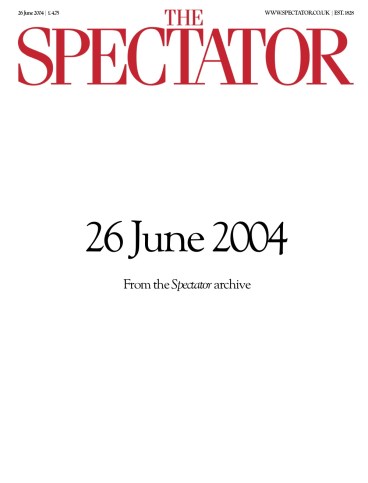Infinite riches in a little room
Frank Kermode’s The Age of Shakespeare is an astonishing achievement. In fewer than 200 small-format pages he discusses each of Shakespeare’s works. No comments are less than telling; most are highly original. Examples of the latter include a discussion of familial and rhetorical ‘doubles’ in Hamlet; an account of the unvaried verse of Julius Caesar,

